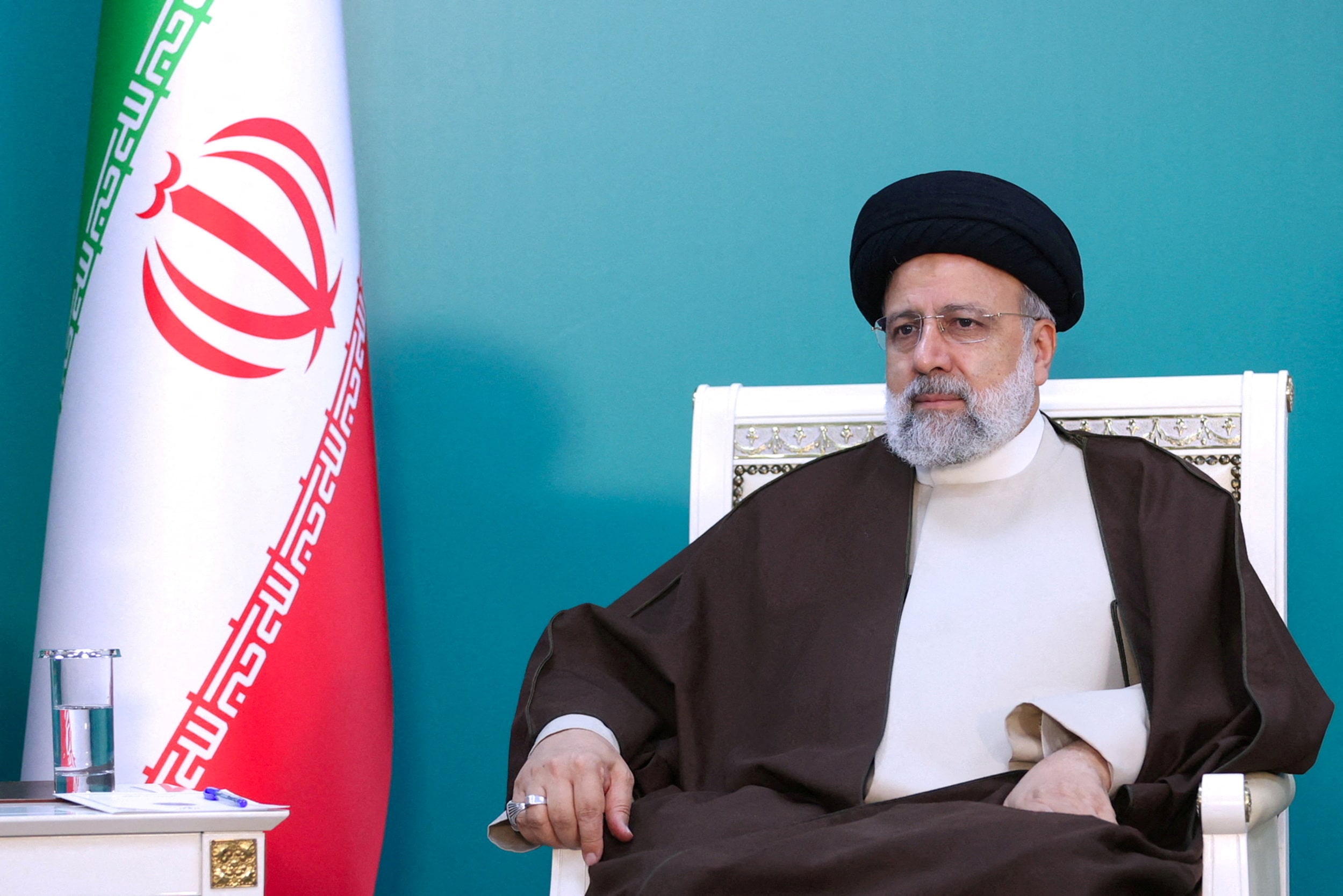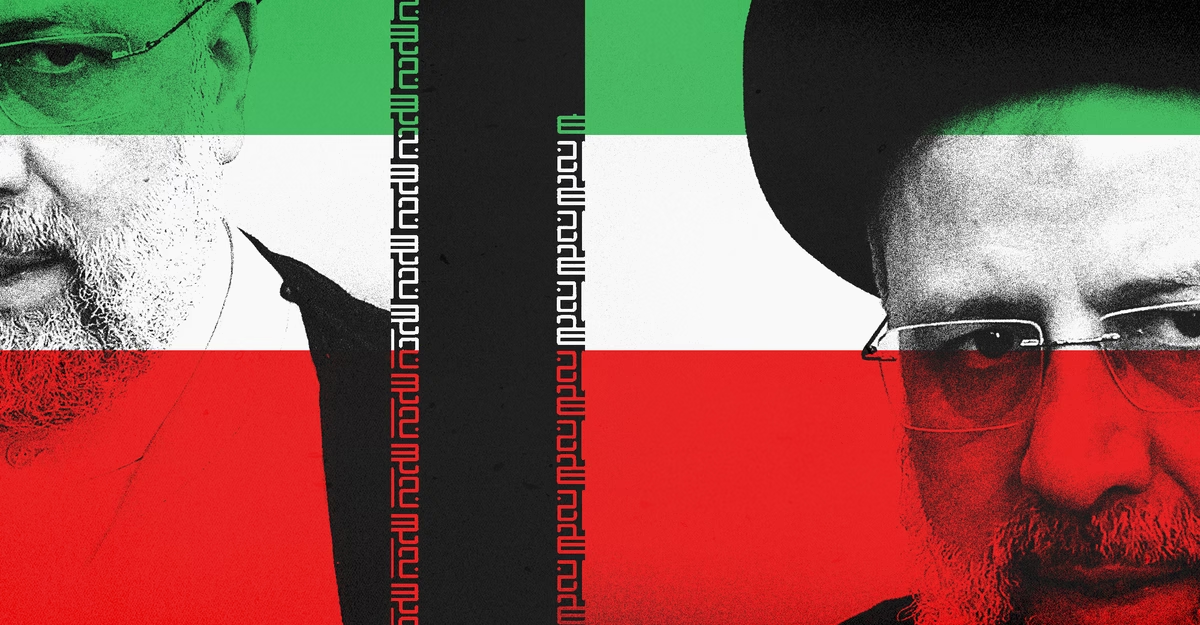Since taking office as president of Iran in August 2021, Ebrahim Raisi had generated controversy in both domestic and global politics. The controversy surrounding his past and his leadership efficacy have been hot topics of discussion throughout his reign. It’s important to look at both his political acts and the larger background of his career in order to see why some people believe he is a nasty man.
The Political Landscape Under Raisi
Iran was experiencing turmoil when Ebrahim Raisi took office as president. The nation was facing significant economic difficulties, which were mostly made worse by COVID-19-related consequences and international sanctions. Raisi ran on a platform of anti-corruption initiatives, economic reform and adherence to the Islamic Revolution’s tenets.
Economic Policies
During Raisi’s presidency, the nation’s economic inequality, unemployment and inflation were the main concerns. He pledged to boost government aid to the underprivileged and enhance general economic circumstances. Critics counter that his policies have not yet yielded noticeable outcomes. The country’s economic problems remained, and many Iranians still had to deal with hardships on a daily basis.
International Relations
International ties under Raisi had also been tense, especially with the West. Although he stated that he would be open to resuming negotiations on nuclear deal (JCPOA), things moved slowly. His administration had come under fire for its tough posture, which some claim has made Iran even more isolated internationally and hampered the country’s economic recovery.
Controversies and Public Perception
Ebrahim Raisi’s reputation as a controversial character originates from his past, including his participation in the 1988 mass killings of the political prisoners in Iran. Many people refer to this incident as “1988 Death Commission,” in which Raisi was a member and hundreds of political prisoners were put to death on the orders of a special panel. Human rights groups and survivors have been demanding answers for these acts for a long time, portraying Raisi as a poster child for oppression and violations of human rights.
Human Rights Record
One of the main reasons why so many people had a negative opinion of Raisi is his record on human rights. He was charged of supervising a violent crackdown on dissent while leading Iran’s judiciary. This included the repression of rallies in 2019, during which hundreds of protesters were allegedly killed by security forces. His reputation as a staunch defender of the regime’s most severe policies has been shaped by his background of repression.
Public Sentiment
The public’s perception of Raisi is polarized. He was seen by his supporters as a stalwart upholder of the principles of the Islamic Republic and as an essential force combating corruption plus Western influence. On the other hand, his critics regarded him as carrying on the oppressive policies that Iran had been using for many years. The lowest voter participation in the Islamic Republic’s history clouded his election triumph, indicating a general lack of interest and disappointment among the populace.
FOR MORE LATEST AND INTERESTING BLOGS PLEASE VISIT OUR PAGE = https://usabloghouse.com/blogs/
Conclusion
A comprehensive assessment of Ebrahim Raisi’s political acts and the controversy that surrounded his career are necessary for evaluating his leadership. Some applaud his dedication to anti-corruption and economic change, while others denounce his record on human rights and his part in previous tragedies. His tenure left a mixed legacy that reflects the wider complexity of the Iranian politics and the difficulties the nation faces in charting its destiny.
Ultimately, one’s perception of Ebrahim Raisi’s policies and past deeds determines whether or not one believes he was a good president. Many people view his administration as a reminder of Iran’s ongoing battles for justice and reform.

